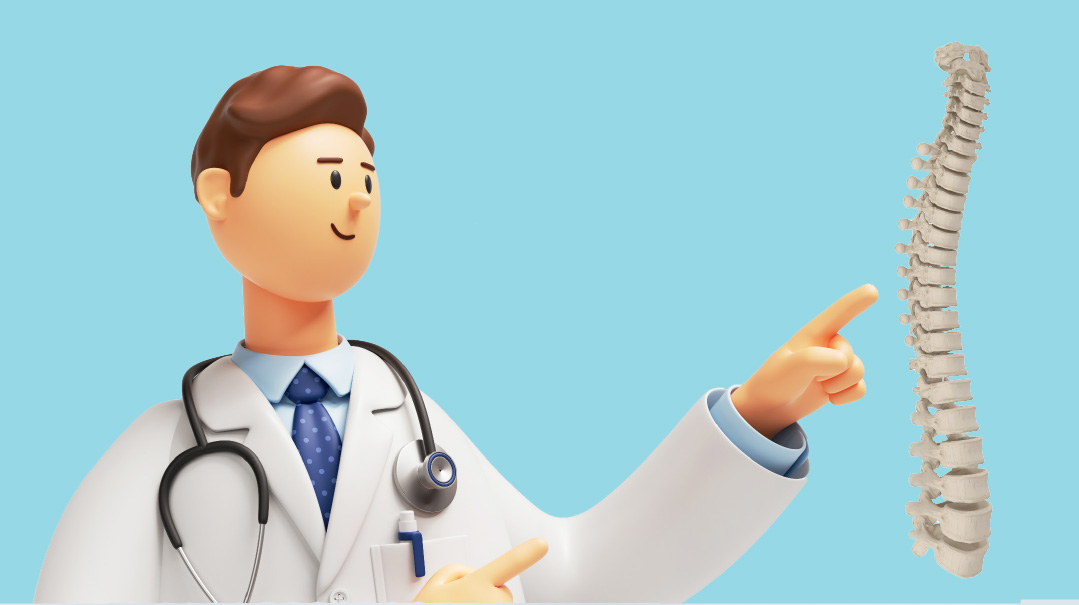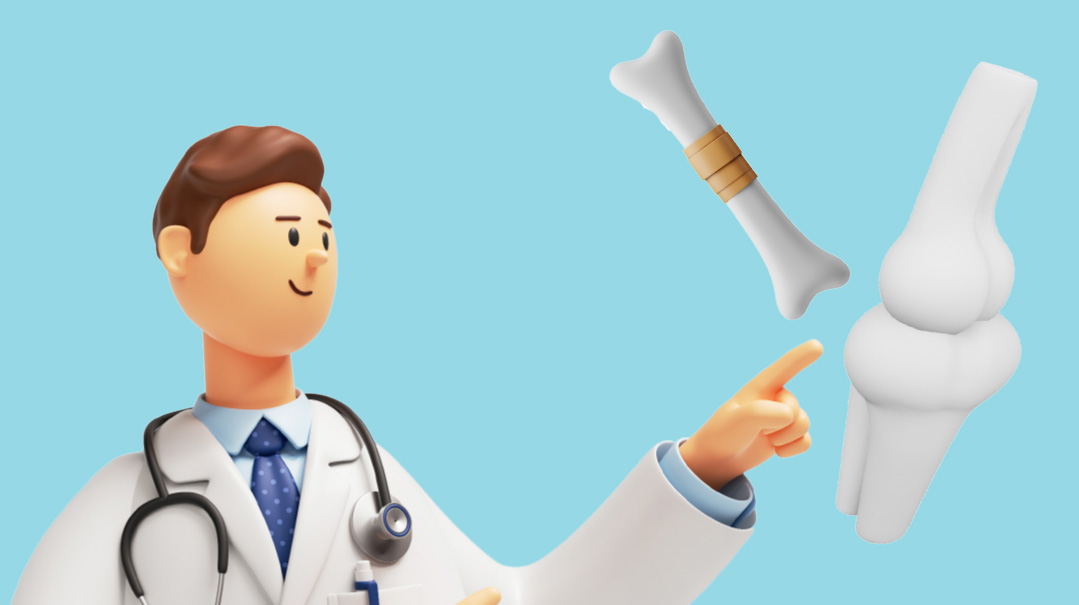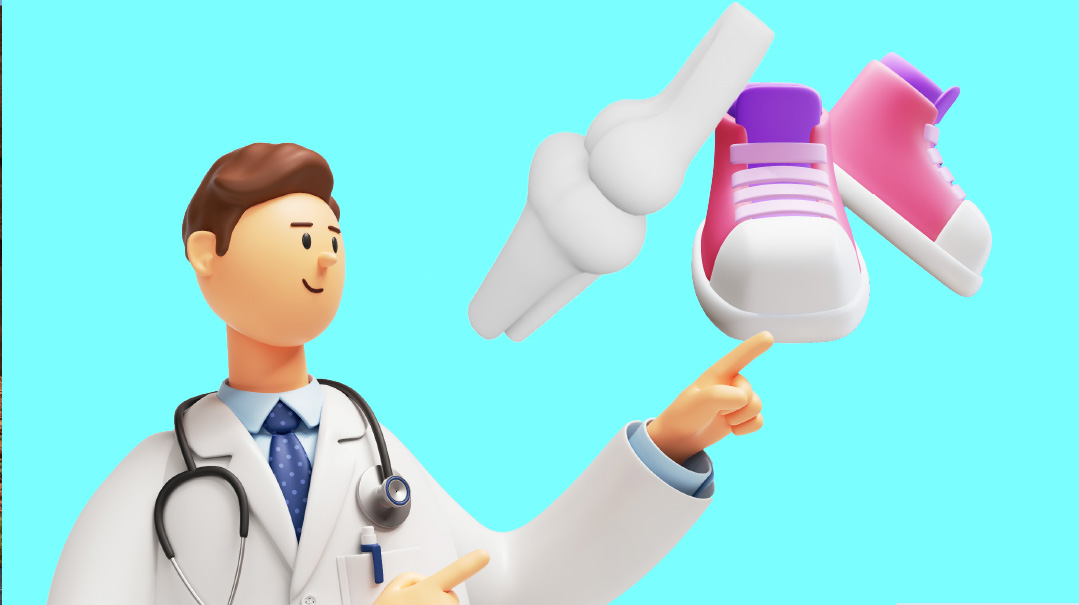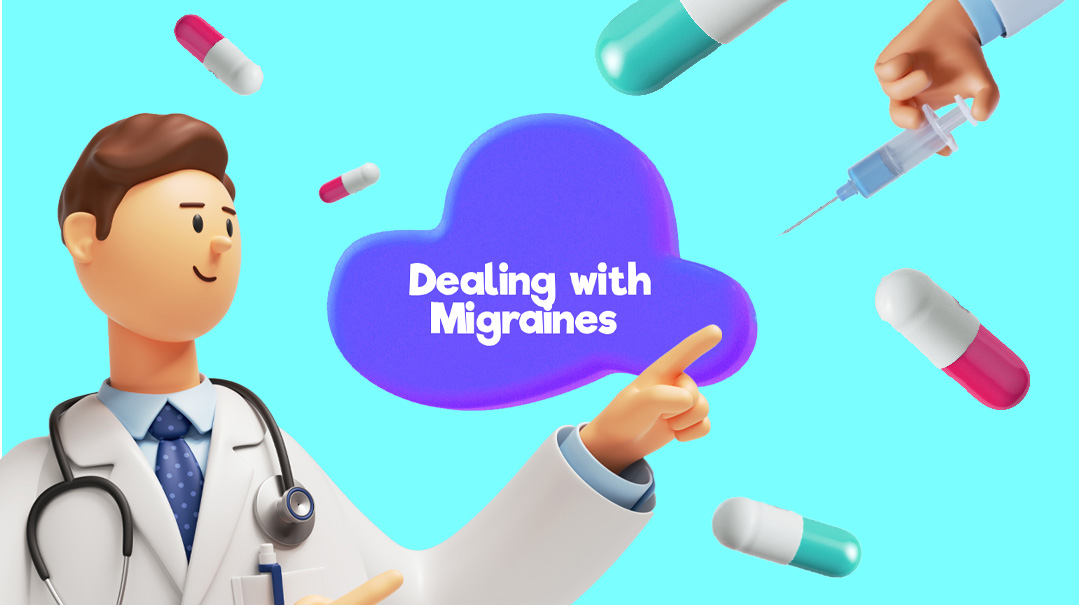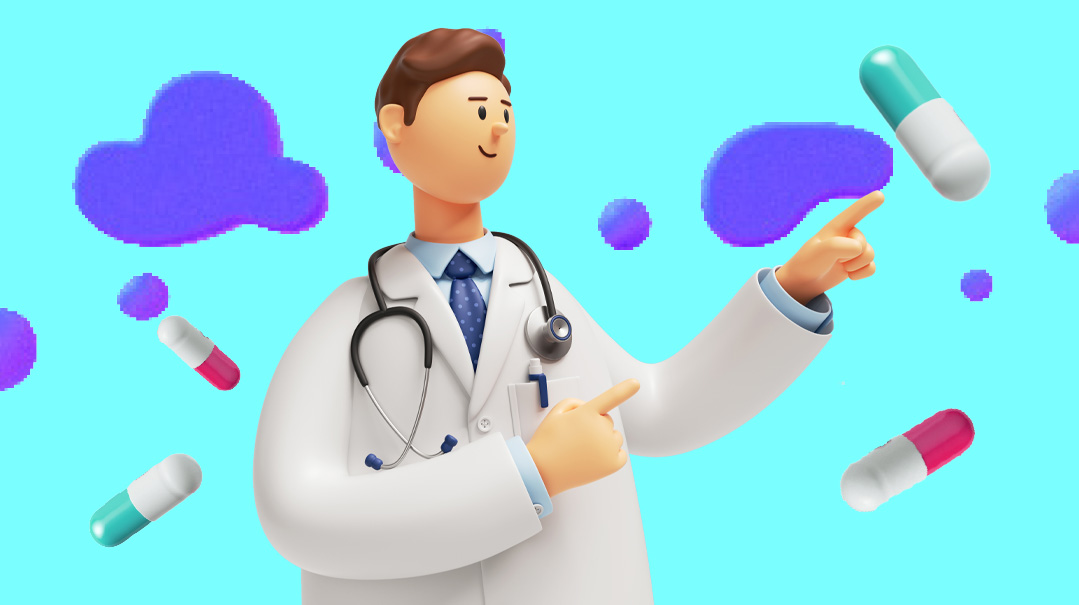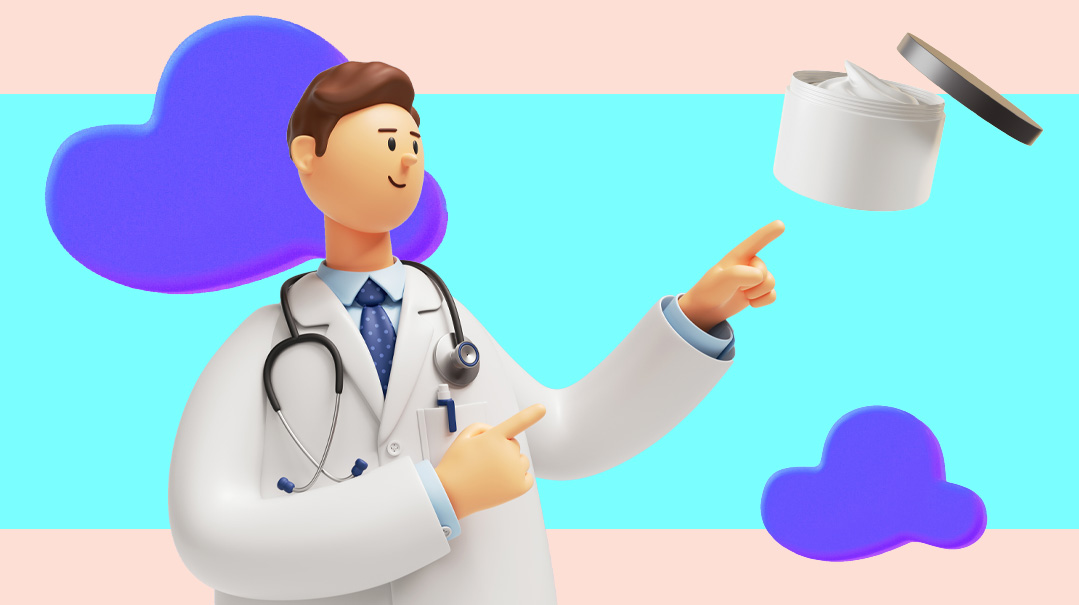Dealing with a Type of Mitochondrial Disease

“You are not defined by your medical condition! Your neshamah is healthy even if your body is not”
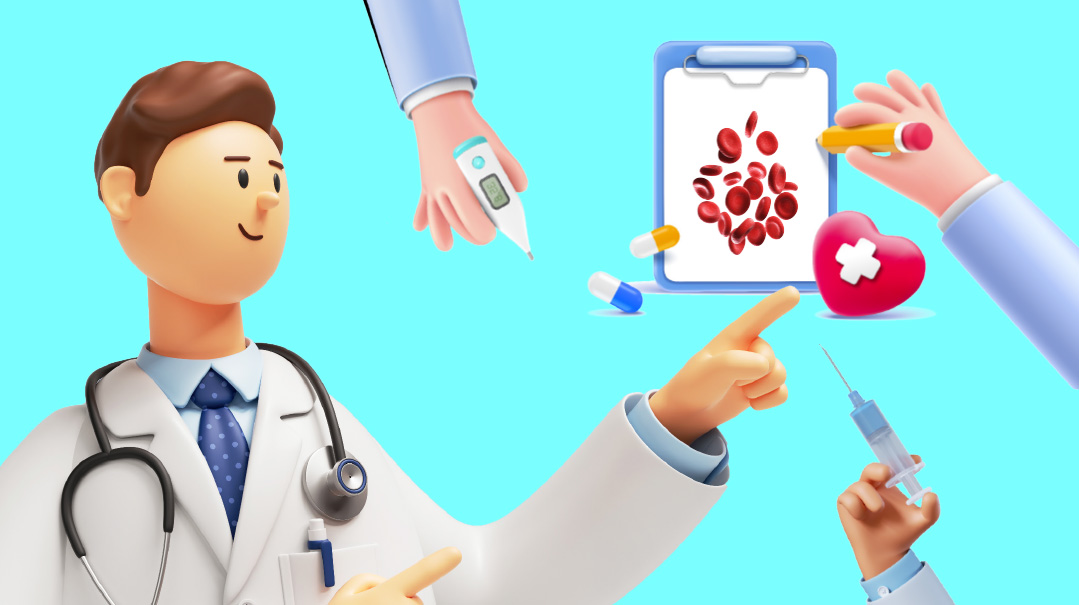
Gavriel is 16 years old. He lives in Israel and learns in yeshivah where he tries to be a masmid. He likes to read and learn about new things. Outdoor activity is difficult for him, but he loves horseback riding therapy and swimming. Gavy enjoys playing with small children. He likes to tell jokes and riddles to his family and friends to make them laugh.
What is Mitochondrial Disease?
In most cells in the body, mitochondria are responsible for producing the energy (called ATP) that our cells need to function. In Mitochondrial Disease, the mitochondria in the person’s cells don’t produce enough energy. Every person with Mitochondrial Disease is affected differently, depending on which cells are affected. Sometimes the condition is hereditary, but it also appears without previous family history, like in Gavriel’s case. Unfortunately, there is no cure and doctors can only try to treat the symptoms.
At first, you were like any other child. When did things change? What happened?
Everything changed on Seder night when I was four years old. Without warning, my hand began to tremble. I couldn’t make it stop. After a while the muscles in my hand grew tired and it throbbed and hurt. Then my other hand began to shake. I was taken to the Tel Hashomer hospital in an ambulance. Over the next weeks, my whole body began trembling, even when I slept.
Doctors ran many tests. They tried different medications, but nothing helped. In the end, we were told that Mitochondrial Disease is a very rare condition , so rare that there are less than ten children in the world who share my symptoms. It doesn’t even have a specific name, though it belongs in the category of mitochondrial diseases. Though some mitochondrial conditions are hereditary, mine is not. No one really knows what to expect, because there are not enough cases. No one knows what caused it to suddenly appear.
How does having this rare problem affect your day-to-day life?
In the beginning my social life didn’t change. My classmates and the rebbeim in cheder knew me already from preschool, and everyone was my friend. The difficulties grew after my bar mitzvah when I went to a new yeshivah. My constant shaking causes people to stare. None of the other boys wanted to be friends with me. Some of them bullied or mocked me. I used to be outgoing, but now I am shy in new situations.
I dislike feeling isolated. I’m a friendly person and I want to have lots of friends, but very few kids have the courage to get past appearances. Today I have some older friends who learn Gemara with me. They appreciate the person I am inside. I enjoy playing with babies and small children who don’t care that I tremble all the time.
What is the hardest part of having this type of Mitochondrial Disease?
The constant trembling makes it extremely difficult for me to button buttons, tie shoelaces, or eat without spilling the food. My voice shakes and it is hard for me to express myself. When I try to write, my handwriting isn’t neat. I cannot travel on public transportation without support.
Sometimes I lose my balance and fall, but I just get up and keep going like nothing happened. Often other kids laugh. They don’t realize how difficult it is for me to walk. Even the ones who try to listen to me get frustrated when they can’t understand everything I say.
Is there something you wish you could tell the world?
If you are healthy, be grateful and don’t take it for granted!
If you see a kid with medical challenges, be friendly. Even just a nod and a warm smile can help them feel better about themselves and give them more strength for their ongoing struggles. A challenged kid may be starving for someone to just show a little interest. Listen with patience if it’s hard to understand their words. Try to look deeper and see the real person inside.
Any tips for other kids with chronic medical conditions?
The Torah teaches us that everything Hashem does is good, whether we understand or not. This world is temporary. Everyone has good things in their life along with challenges. Focus on the good, and you can be happy.
You are not defined by your medical condition! Your neshamah is healthy even if your body is not. There is a purpose to suffering, even when we don’t understand. Meanwhile, it is our choice to be angry and bitter or happy and kind. Overcoming challenges makes us stronger. Someday in the future, we will be glad about it because the pain brings us closer to Hashem.
The best part?
It’s funny, but the hardest and best are related. Because my condition is so rare, and no one knows what will happen, my family and I realize that only Hashem can help. Perhaps it will disappear as suddenly as it came? We daven that a medicine will be found to help me live a normal life. I really want to be like everybody else. Inside I’m just a regular yeshivah bochur.
My emunah is strong because I believe that Hashem gave me this for my own good. I always keep trying to be the best I can be.
There’s an organization in Israel for chronically ill children. I’m glad that sometimes my parents and siblings can join and have a good time because of me. The volunteers are wonderful and I cannot thank them enough for giving their time and heart to give afflicted children wonderful experiences in their camp and retreats.
Any stories?
Only sad ones. That’s why I like to tell jokes and riddles, to not think about the sad stories.
Thank you for sharing, Gavriel! You are a strong and wonderful person. May you have brachah and hatzlachah in your goal to become a talmid chacham!
(Originally featured in Mishpacha Jr., Issue 943)
Oops! We could not locate your form.

